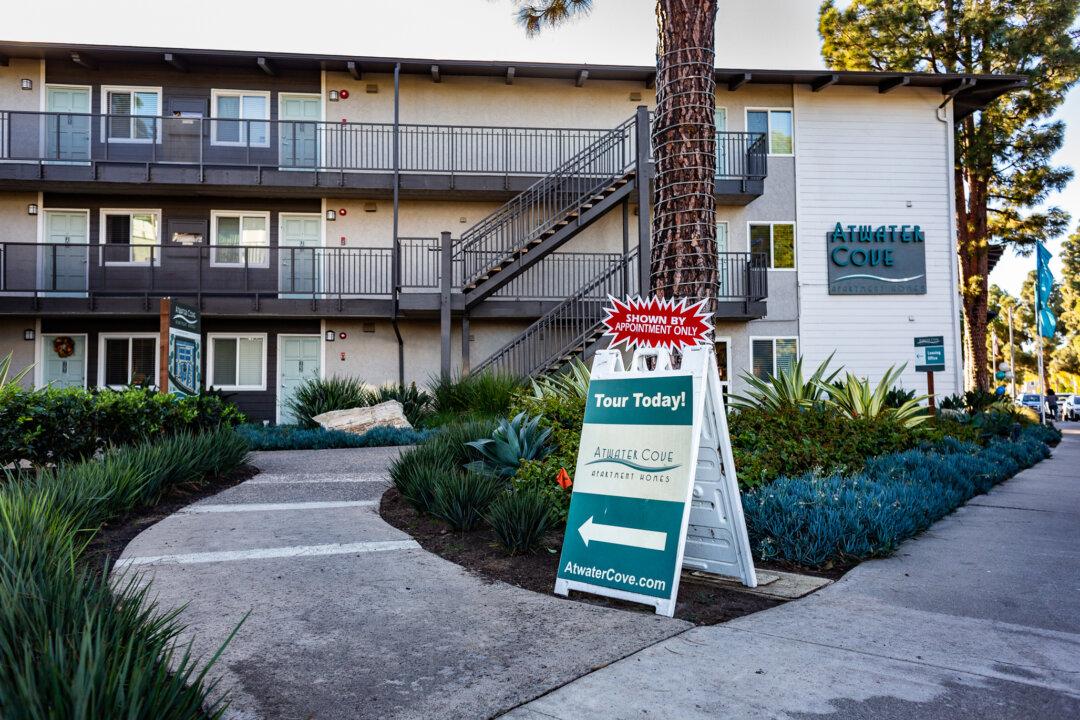Costa Mesa, Calif., residents will be asked in November to approve revisions to Measure Y, which city sponsors say is necessary to remain compliant with state law.
Adopted in 2016, Measure Y required voter approval for developments that exceeded certain criteria, such as number of units in a development, square footage, or effects on traffic.





